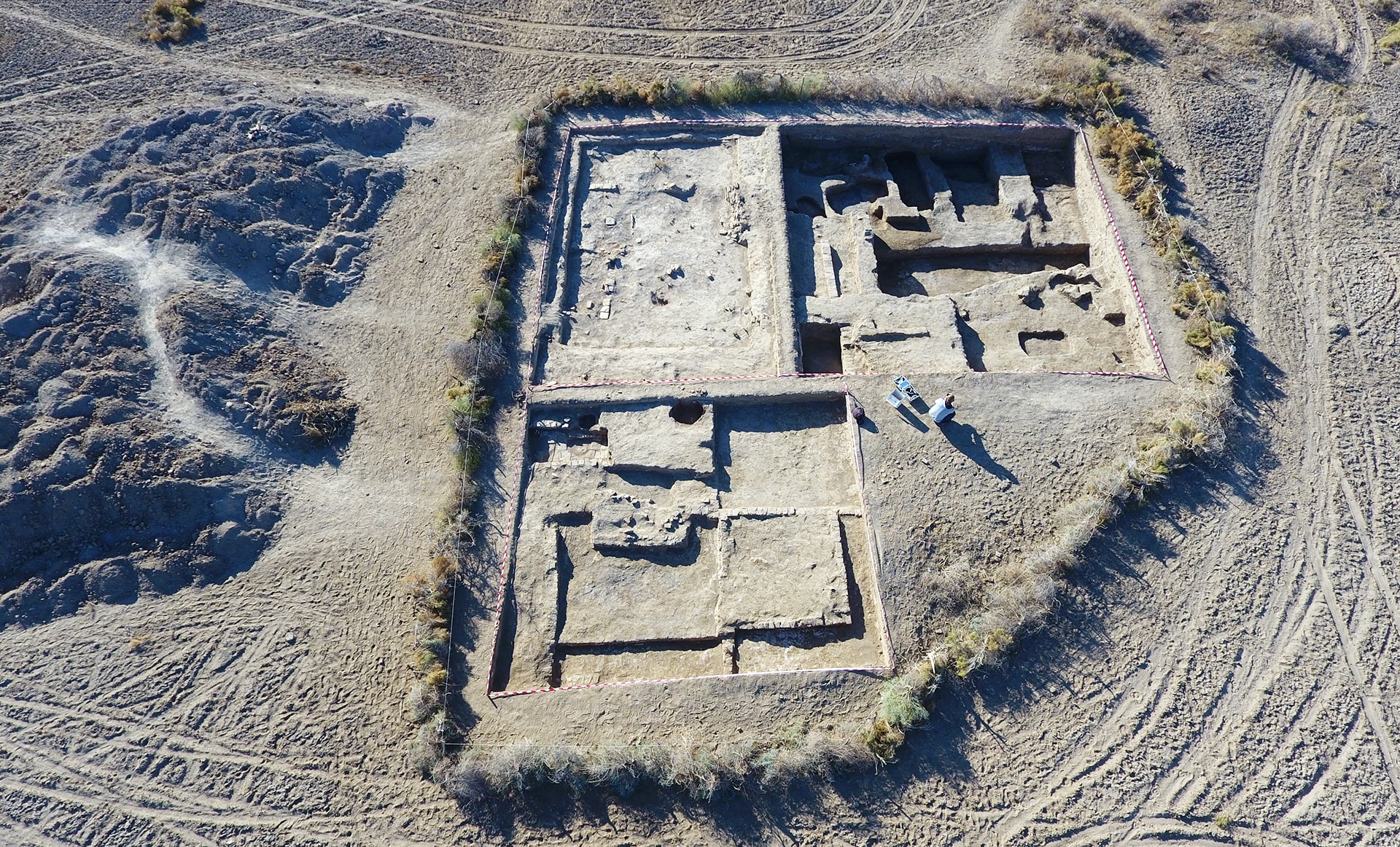Project of the Ministry of Education and Science of the Republic of Kazakhstan AR09259280 «Languages of Kazakh culture as the basis of ethnic identity: semiotics and semantics»
Within the framework of this project, the languages of the Kazakh culture mean a variety of reflections of the mentality of the Kazakh ethnic group in various spheres of life: language (oral and written), ritual, ornamentation, symbolism of color and sound, music, as well as other non-verbal manifestations of the Kazakh consciousness.
The main idea of the project is the systematization, cataloging and generalization of the complex of languages of the Kazakh culture in order to introduce this theoretical base into the domestic cultural and communicative space and into the world scientific circulation.
The results of this project can be used as a basis for the formation of new concepts of ethnic identity in Kazakhstan, as well as for future research in the field of cultural and social anthropology, history, art history, musicology, linguistics, and cognitive science.
Project Director – Anuar Abitayevich Galiyev, Doctor of Historical Sciences, Professor of the Kazakh University of International Relations and World Languages named after Ablai-khan, academician and member of the International Scientific Council of the Academy of Cultural Heritage Helsinki-Athens (Finland-Greece, EU and Academy of Cultural Heritages), member of the Executive Committee of the International Association for Semiotic Studies (International Assotiation for Semiotic Studies)
Project implementation period: 2021-2023.
The aim of the project is to bring into systematic unity the diversity of the languages of the Kazakh people's culture, which find their expression in the social structure, ritual practice, sacred and everyday spheres, as well as folklore and art. A unified cataloged system of cultural languages will expand the opportunities for specialists in the fields of education, science, art and linguistics.
Expected result:
This project will not only provide a theoretical basis for the systematization and cataloging of different cultural languages, but also establish communication paths for specialists in various fields of science and culture. In other words, the results of this project are not only of fundamental importance for the humanities, but also have applied functions both for the scientific community and for the interested general audience.
This project also fills in the gaps of interdisciplinary works in the field of cognitive anthropology, cultural studies, ethnosemiology, etc. The results - both theoretical and applied-will fill in the gaps in the dialogue between the listed areas.






